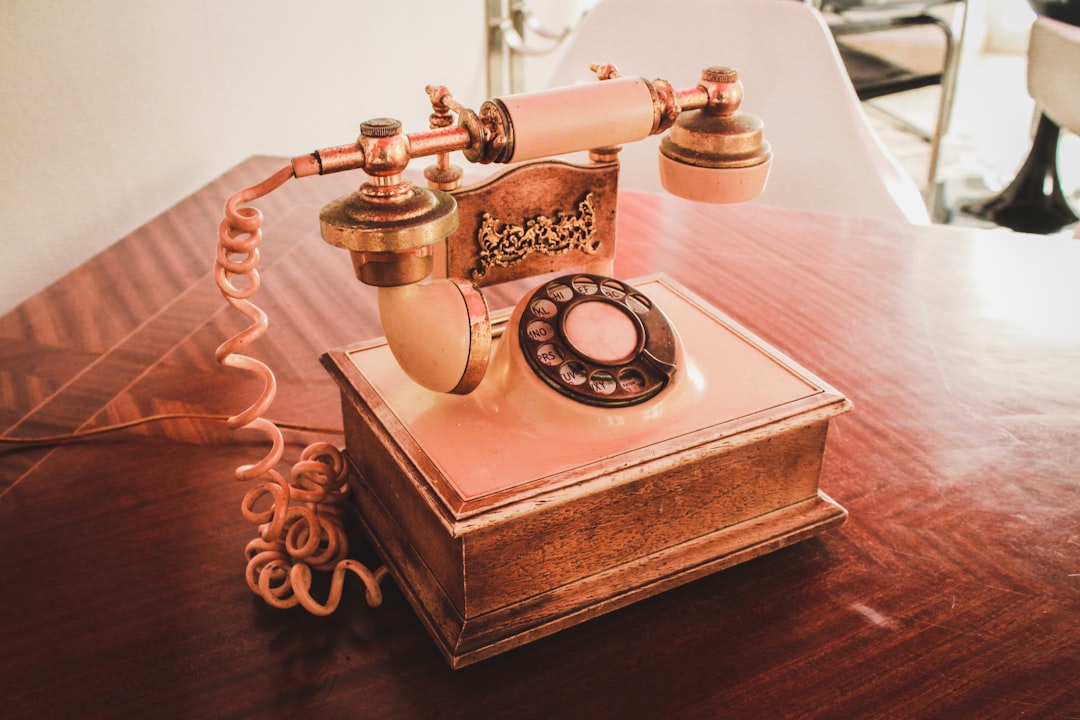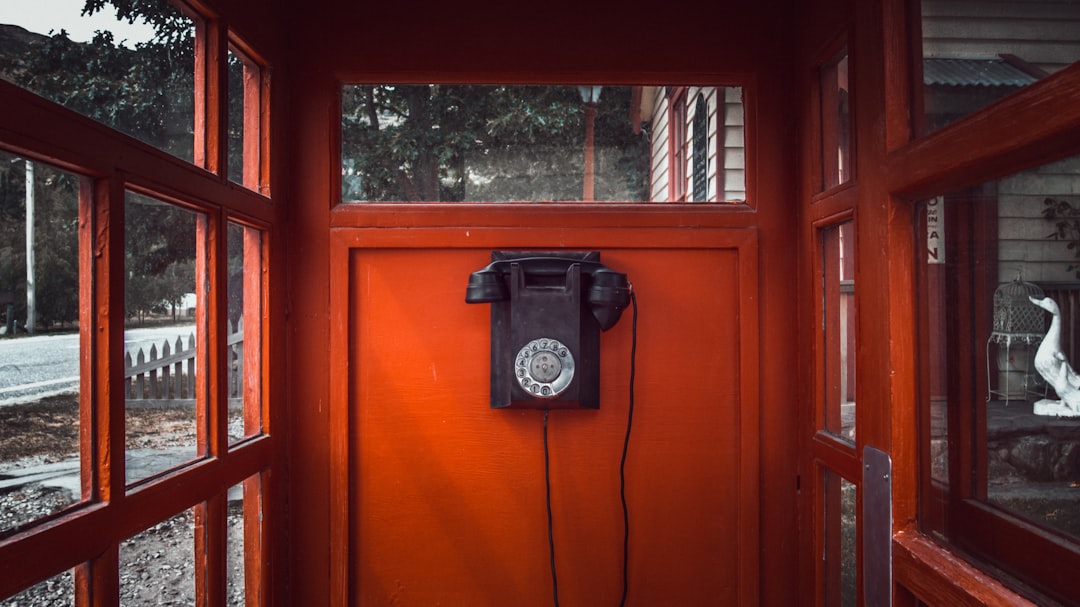In Maine, individuals are protected from unwanted contact through messaging apps and other communication methods by "Do Not Call" laws. To enforce these laws, residents should document instances of harassment, send formal notices, and consider consulting a specialized Do Not Call lawyer or law firm, which can offer guidance on legal actions like cease-and-desist letters, lawsuits, or complaints to the Maine Attorney General's Office.
In the digital age, messaging apps have become a ubiquitous means of communication. However, unwanted contact through these platforms can be intrusive and harassing. Maine’s Do Not Call laws offer protection against such disturbances, providing a legal framework to regulate unsolicited messages. This article guides you through understanding these laws, registering for protection, enforcing your rights, and exploring legal recourse with a specialized Do Not Call Lawyer in Maine or Do Not Call Attorney Maine. Learn how to reclaim peace of mind in an era dominated by digital messaging.
Understanding Maine's Do Not Call Laws

Who is Protected and How to Register

In Maine, individuals have legal protection against unwanted contact through messaging apps and other forms of communication. The “Do Not Call” laws are designed to safeguard citizens from persistent and harassing calls or messages, ensuring their peace of mind and personal space. These regulations apply to both businesses and private individuals engaging in unsolicited outreach.
To register for protection, Maine residents can follow a simple process. They should first identify the source of the unwanted contact, whether it’s a phone number, email address, or messaging app profile. Then, they can file a complaint with the Maine Attorney General’s Office, which maintains a comprehensive Do Not Call Registry. This registry ensures that registered individuals are less likely to receive unsolicited messages from businesses or call centers. It’s advisable not to engage with or respond to such contact, and instead, seek legal counsel if needed, by consulting a lawyer for “Do Not Call” matters in Maine.
Enforcing Your Rights: What to Do If Contacted

If you’re facing unwanted contact through messaging apps and wish to enforce your rights under Maine’s “Do Not Call” laws, there are several steps you can take. Firstly, document all instances of unsolicited messages by saving or logging the conversations. This evidence will be crucial if you decide to take legal action. Next, inform the sender clearly and firmly that you do not consent to any further communication. You can say something like, “Please stop contacting me via this app. I do not wish to engage with your messages.”
For persistent or repeated violations, consider consulting a lawyer specializing in privacy rights or consumer protection in Maine. They can guide you on the best course of action, which may include sending a formal letter to the offender, requesting they cease and desist, or taking legal measures against them, including potential lawsuits or filing complaints with relevant authorities. Remember, knowing and exercising your rights is key to stopping unwanted messaging.
Legal Recourse: Seeking Help from a Do Not Call Lawyer in Maine

If you’re facing persistent unwanted contact through messaging apps, knowing your legal options is crucial. In Maine, a Do Not Call lawyer or attorney can provide expert guidance and represent your rights. These legal professionals specialize in handling cases related to unwanted communication, ensuring that individuals and businesses adhere to state laws protecting citizens from harassment.
When dealing with relentless messages, especially through apps, it’s advisable to consult a local do not call lawyer in Maine. They can help draft formal notices, take necessary legal actions, or mediate settlements, all while advocating for your right to privacy and peace. Don’t hesitate to reach out; many law firms offering these services have the expertise to navigate the complexities of digital communication laws.






